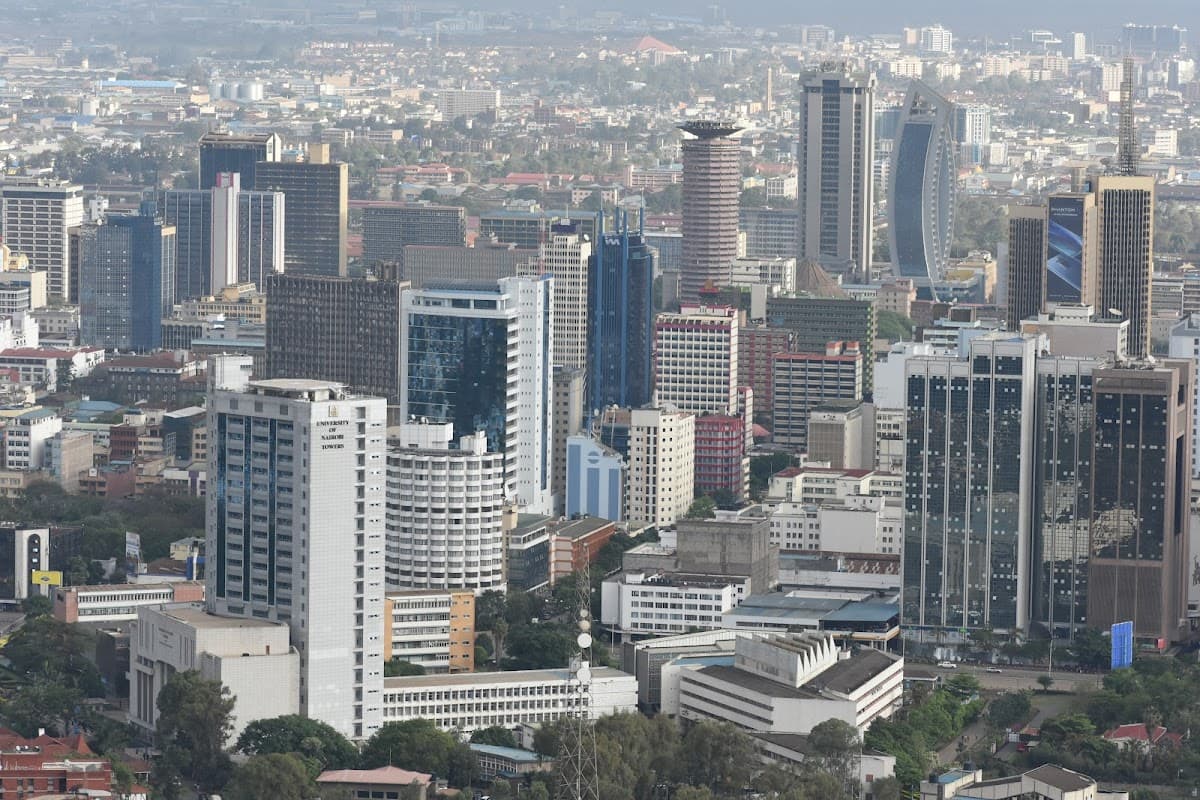KENYA : The Cabinet Secretary for Labour and Social Protection Dr. Alfred Mutua has announced 1,000 job opportunities for Kenyan drivers to work in Saudi Arabia.
In a statement, on December 18, the CS stated that the remuneration will be Ksh. 50,000 per month.
“Are you a driver looking for a job? 1,000 drivers urgently required to work in Saudi Arabia average take home salary is Ksh.50,000 per month,” stated Mutua.
The CS did not reveal the name of the company but only termed it as a reputable Saudi company.
He went on to give the schedule of the interviews as follows: at Kabete National Polytechnic, interviews will take place on Wednesday, December 18, and Thursday, December 19, 2024.
At the Nyeri National Polytechnic, interviews will take place on Friday, December 20, and Saturday, December 21, 2024, while at the Kenya Coast Polytechnic, interviews will be conducted on Monday, December 23 and Tuesday, December 24, 2024.
Interviews in all locations will take place between 8 AM and 5 PM.
Prospective applicants have been asked to carry an original driving license and certificates. For those who do not have passports, he stated that expedited passport processing would be facilitated.
Besides a monthly salary of Kshs. 50,000, the perks that come with the job include free accommodation, transport, food, and medical care. All other costs, including tickets and visas, will also be fully covered.
Applicants have also been asked to carry Ksh. 15,000, medical fees. Mutua advised those who qualify to grab the opportunity in order to better their future, stating that successful applicants will travel after completing their medical clearance.
The government has announced thousands of job opportunities for Kenyans especially in the Middle East under the Kazi Majuu initiative.
According to Mutua, the move to seek overseas jobs for Kenyans will benefit the country through the acquisition of advanced skills and ideas.
Meanwhile, The number of foreign job contracts cleared for renewal or extension in Kenya has dropped dramatically by 54.3 percent to 19,310 in the fiscal year ended June 2024, down from 42,254 contracts the previous year, marking the third consecutive year of decline in government-approved overseas jobs.
The Ministry of Labour and Social Protection attributes this significant decrease to enhanced enforcement measures that eliminated rogue recruitment agencies and a general decline in job orders from destination countries, with the ministry achieving only 21.4 percent of its 90,000 target for the year.
Despite the decline, President William Ruto's administration continues to view overseas labor markets as a crucial solution to Kenya's employment crisis, citing that since September 2022, more than 243,000 Kenyans have secured international job opportunities in healthcare, agriculture, and construction sectors, with 12,000 openings in the last two months alone.
The government has implemented stricter oversight of foreign employment, including mandatory contract attestation by labor officers to ensure worker protection, with violations punishable by fines up to Sh200,000 or six months imprisonment, particularly following concerns about worker safety in Middle East countries where 758 workers were repatriated in the past year, including 740 from Saudi Arabia.
While providing short-term relief, this approach may inadvertently hinder the development of sustainable, long-term solutions within Kenya itself.
According to the recent data by KNBS, the economy added just 209,900 formal jobs in five years.
Assuming we are adding one million people into the job market each year, it means that only 4.2% were absorbed in the formal economy over the last five years.
As of 2023, Kenya had about 3.4 million Kenyans in formal employment. This underscores the urgent need to address the structural issues driving economic informality.
To address this, the Government should focus on creating an enabling environment for small and medium enterprises through tax incentives, simplified registration processes and access to credit/funding oppportunities.
There's also an urgent need to align the education system with the skills demanded by emerging industries, particularly in technology and digital services.
By fostering innovation hubs and incubators, and promoting public-private partnerships in skills development, Kenya can work towards reducing its dependence on foreign job markets and build a more resilient, locally-driven economy which is essential for generating quality jobs within Kenya and reducing reliance on potentially precarious overseas opportunities.







